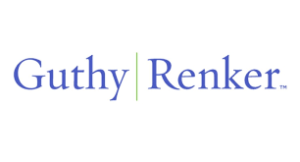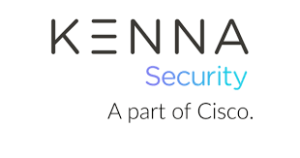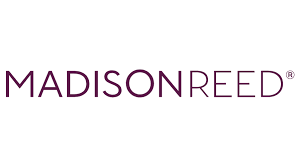A new concept is gaining momentum in the world of work psychology: positive psychological capital or PsyCap for short. It describes a constellation of other, more established psychological constructs such as efficacy, hope, optimism and resilience. Together, these have been shown to produce some pretty powerful results for organizations: higher job satisfaction, reduced absences and higher levels of individual performance (see Peterson’s recent study in Personnel Psychology http://bit.ly/oJ9pnw.) So how does your organization get more PsyCap? Some in the field believe PsyCap resembles a stable trait, and as such, people either have it or they don’t. If that’s true, you could use personality tests and structured interviews to hire people who are naturally more optimistic and resilient. I usually test for this in my interviews by probing how people handle challenging situations, disappointments in their careers and failure. (Yeah, my interviews are bummers!)
Others think PsyCap is more “state-like” and thus relatively malleable and open for development. Martin Seligman, one of the founders of the positive psychology movement, first wrote about this in his wonderful book, Learned Optimism. He found that just as we can learn “helplessness” from our environment, we can also learn how to think more optimistically. Through his wonderful work and efforts, many companies are now using training programs to 1) increase efficacy by training people in techniques of role modeling, vicarious learning and positive feedback techniques, 2) increase optimism through teaching employees how to deal with setbacks and create contingency plans and 3) increase hope by teaching staff how to set goals and manage projects. But there seems to be a third way you can increase your organization’s psychological capital – and that’s through engineering the work environment so that employees naturally experience it. To understand this path, we can learn a few things from the multi-player online game world and from those preaching the “gamification” of the world. In her book, Reality is Broken: Why games make us better and how they can change the world, Jane McGonigal suggests that games motivate us more than real life because they:
have clear rules
provide challenges that aren’t boring
customize those challenges to our strengths
let us choose missions and control our work flow
make us feel powerful
offer some guarantee of productivity
make failure entertaining
Could we organize our companies to resemble multi-player games and thus increase PsyCap? I think so and I think some of the best organizations and leaders already structure work according to these principles. It reminds me of a study I read about a few years ago in which the researcher asked subjects to write essays on the best day they had at work. When he read their submissions, he found that people consistently described their best days at work as those when they were able to actually accomplish some goal or task – to simply advance a task to completion. What efficacy, optimism and hope would result from playing a game like that!


















